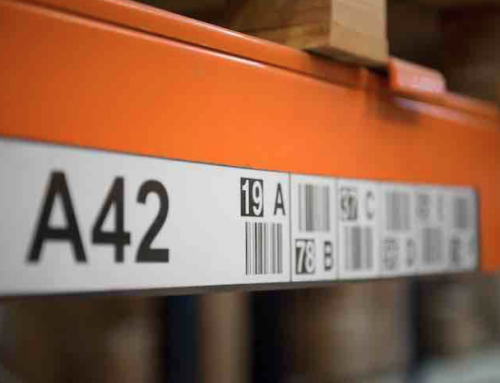There’s no doubt that in any year the peak season can place a big strain on an e-commerce fulfilment operation. But for some e-retailers this year, the nine month long Covid crisis involving lockdown, partial recovery and ongoing further restriction has been one long peak season. The question is: how well have you coped? Has your pick and despatch operation managed extra volumes easily or have you decided there are things you could improve?
There could be several things you want to improve, such as how well you manage available storage space, the suitability and efficiency of the processes used to receive, store and pick, and the accuracy and timeliness with which you despatch goods to your customer. For any of these areas, the degree to which your stock and order processing system serves your operation is critical, and anything the system can offer to make your processes faster and easier should improve your operation.
Much of what takes place in a fulfilment operation is manual work performed by your warehouse operatives i.e. the moving, storing and extracting of stock when required. And there is ample technology to make these processes leaner and more efficient. But a good system can also provide features that will eliminate much of the clerical work typically involved, such as the collation and selection of orders to be processed, and the timing and planning of that processing.
A feature offered by the ProSKU system is the facility to create an ‘order filter template’ which allows you to automatically filter orders you receive by definable criteria. For example, you could filter to select only those containing items for a specific product with say, less than three items. Alternatively you could filter by destination (e.g. UK domestic) or orders sent via specific delivery service (before 08.00am), or maybe those to be sent by specific carrier, for next day delivery.
Once you have defined a filter template to collate orders you can allocate stock against them by ‘processing’ them. This can be done manually, but to gain greater operational benefit you can create a schedule that will perform this exercise automatically. This gives you the facility to initiate timed automatic processing of your filtered orders according to a daily and weekly schedule, to eliminate further manual intervention and move your orders rapidly through the system.
You can create a schedule which allows you to define start and end times (typically a shift or working day) and exclude specific periods, for example lunchtimes or rest breaks. You can then determine the schedule’s frequency of operation for each day, according to your own operational needs and volume of orders. This could range from ‘never’ (i.e. a non-working day) to ‘every minute’, with intervals of five, fifteen or thirty minutes, or every one, three or six hours.
The filtered, scheduled orders are then processed each day automatically, according to the time intervals you’ve specified. After that, your overall efficiency will depend on the processes and technology you use, and the specific needs of your pick and despatch operation. There are multiple options available in the ProSKU system to help you with this, but ideally they will enhance the efficiency with which the orders have been automated by the system up to this point.






